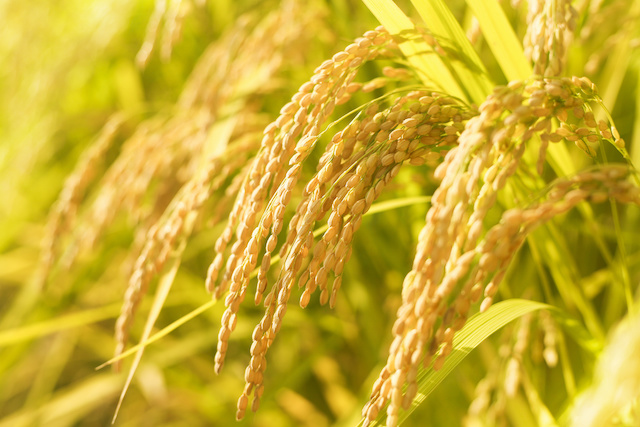
rice wax
Characteristics of rice wax
- This plant-based wax is a specialty product of Japan, and we can provide a stable and high-quality supply at any time without relying on imports.
- It has a high proportion of wax ester and has high crystallinity.
- It has a high melting point of approximately 80℃, and has the property of melting sharply and solidifying easily when exposed to heat.
- It is compatible with animal and vegetable oils, mineral oils, glycerides, hydrocarbons, etc.
- Using our unique refining method, this product is decolorized while taking advantage of the advantages of rice wax, and impurities are completely removed. We have also developed a new product that eliminates the inherent odor of rice wax.
Fields of use of rice wax
Cosmetics
It is used as a base for point makeup such as lipstick and mascara, and as a base for base creams and sunscreens.
food
It is widely used in coatings for chocolates, candies, gummies, tablets, emulsions for coating fruits, etc., plasticizers for chewing gum bases, and food release agents.
polishing agent
It is used in floor wax, shoe cream, car wax, etc.
cutting edge field
Due to its high crystallinity, it is used in information recording materials such as toner and as a lubricant for plastics. It is also used as an alternative raw material for petroleum wax, which functions as a glossing agent for rubber and plastic products for tires, construction, home appliances, etc.
What is rice wax?
It is a life wax obtained in the process of refining rice bran oil extracted from rice bran. The raw material, rice bran, has been traditionally used to take advantage of its waxy content and to care for the skin and polish furniture and furnishings. In the past, rice bran after oil extraction was used as fuel for boilers, but through the joint development of active ingredients by our company and engineers from rice oil manufacturers, rice wax was created as a new Japanese wax. Ta. It was in 1965 that it began to be industrially isolated and purified, and its use as a safe natural material expanded to new fields such as food-related and chemical industries.
Rice wax product series list
| product series | Product name | shape |
|---|---|---|
| Futuristic products (functionality/culture) | Highly deodorized rice wax powder | true sphere powder |
| F series (Pesticide free/Safe and secure) | NC-1740F | pellet |
| NC series (high precision products) | NC-1720 | pellet |
| Standard refined products | Rice wax A-1 | pellet |
| Rice wax F-1 | pellet | |
| Rice wax No.1 | pellet | |
| SC-7001 | pellet | |
| M-301 | pellet | |
| M-80 | pellet | |
| M-90(P) | crushed powder | |
| M-301-A | crushed powder | |
| M-300(P) | crushed powder | |
| Cost-oriented products | Rice Wax Classic X (M-200) | pellet |
| Rice wax classic Y | pellet | |
| Rice Wax Classic Z | pellet |
Rice wax product performance comparison table
| futuristic products | Highly purified | Standard | Focus on cost | |||
|---|---|---|---|---|---|---|
| product name | Highly deodorized Rice bran wax true sphere powder | NC-1720 | Rice wax A-1 | Rice wax classic | Rice wax classic Y | Rice wax classic Z |
| shape | powder | grain | flake | flake | flake | grain |
 | 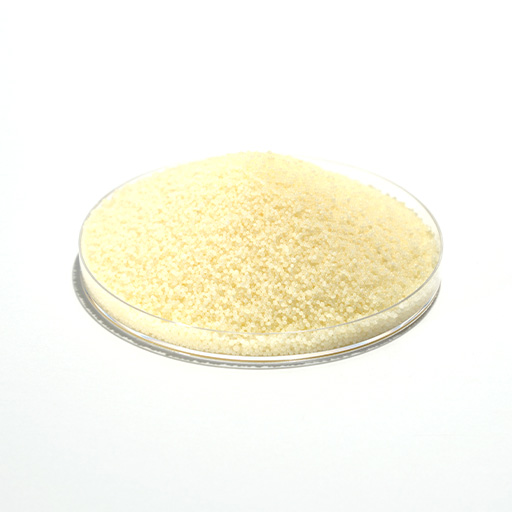 | 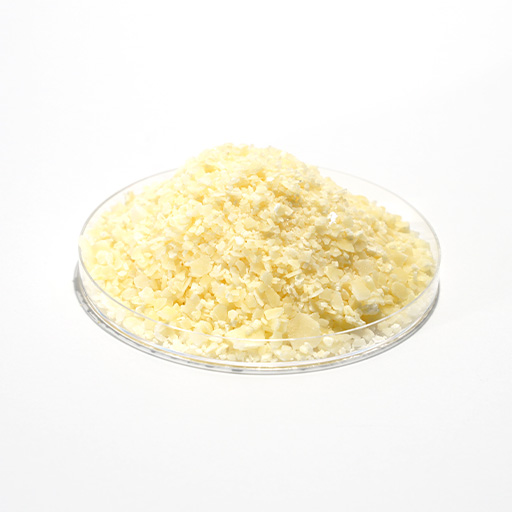 | 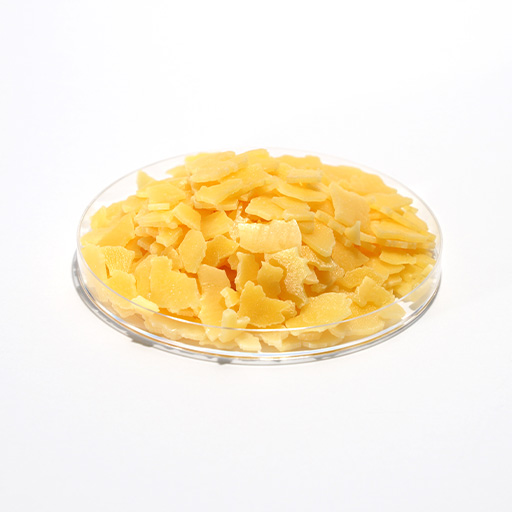 | 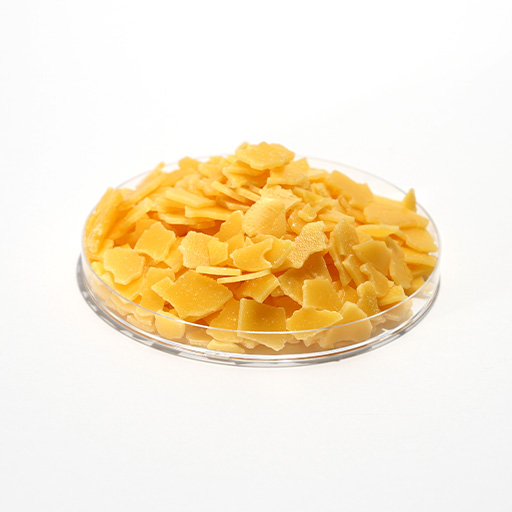 | 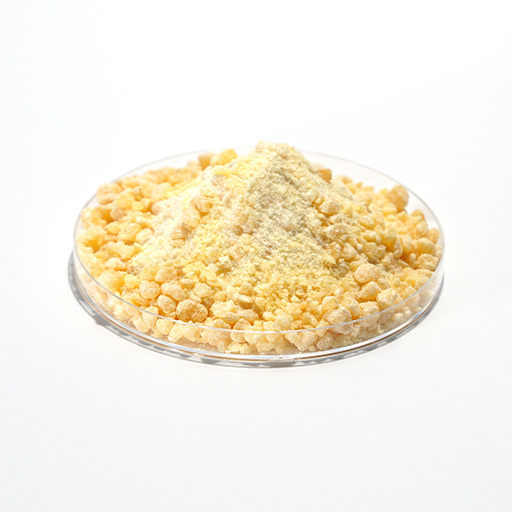 | |
| Transparency after dissolution | 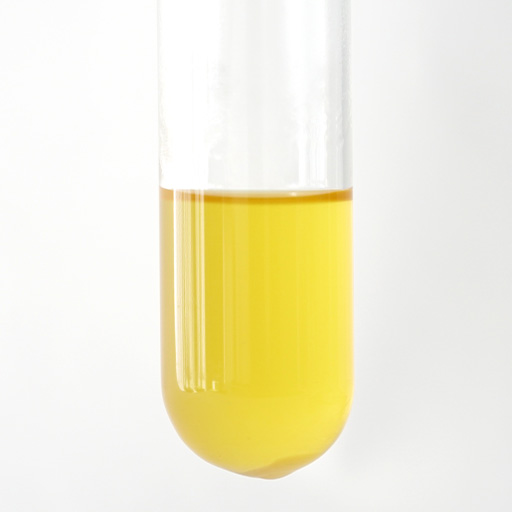 | 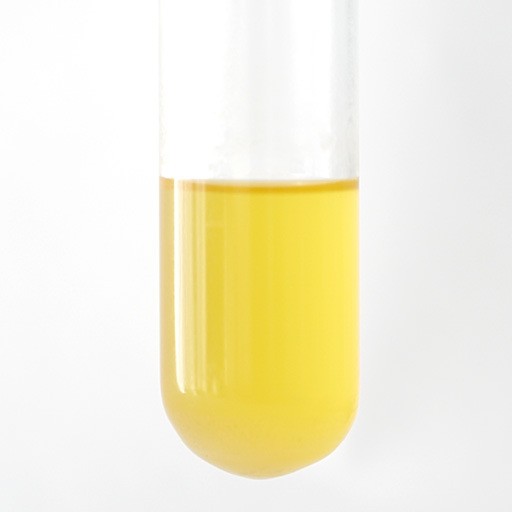 | ||||
| explanation | In response to requests for changing product raw materials from fossil raw materials to natural products, we have created CERARICA natural powder series with a variety of textures and particle sizes. | A refined product of rice bran wax that has been highly bleached and deodorized. 100% domestic raw materials. | A purified product of decolorized rice bran wax. 100% domestic raw materials. | Made by separating the wax content of rice bran using a unique method, hydrogenating it, and decolorizing it. | A product made by separating and decolorizing the wax content of rice bran using a unique method. | A product made by separating and refining the wax content of rice bran using a unique method. 100% domestic raw materials |
| composition |  |  |  |  |  |  |
| acid value | < 10 | < 13.5 | < 10 | < 10 | < 10 | < 13 |
| saponification value | 80~95 | 80~95 | 80~95 | 75~95 | 75~95 | 70~90 |
| Iodine value | < 10 | < 20 | < 10 | 3~13 | < 13 | < 13 |
| Melting point (℃) | 76.5~81.5 | 70~83 | 76.5~81.5 | 75~80 | 78~80 | 75~83 |
| peroxide value | - | - | - | - | - | - |
| Heavy metals (ppm) | < 20 | < 10 | < 20 | < 20 | < 20 | - |
| Arsenic (ppm) | < 2 | < 2 | < 2 | < 2 | < 2 | - |
| specific gravity | 0.95(25℃) | 0.974(25℃) | 0.95(25℃) | 0.95(80℃) | 0.95(80℃) | 0.975(25℃) |
| Penetration (100g/5s) | 5(25℃) | 5(25℃) | 5(25℃) | - | - | - |
| Viscosity (cP) | 14.8(100℃) | 14.3(100℃) | 14.8(100℃) | - | - | 11.5(100℃) |
| Flash point (℃) | 300 | 300 | 300 | 308 | 308 | 313 |
| Compatible standards | Quasi-drug raw material standards 2006 (external standards) Food Additives Official Standards 9th edition | |||||


